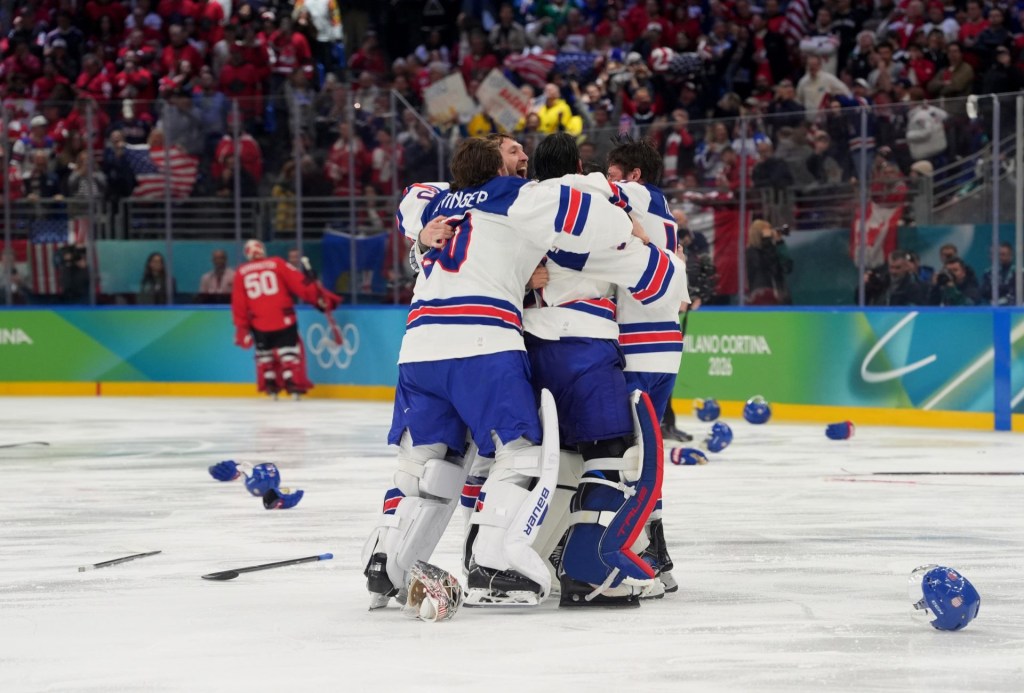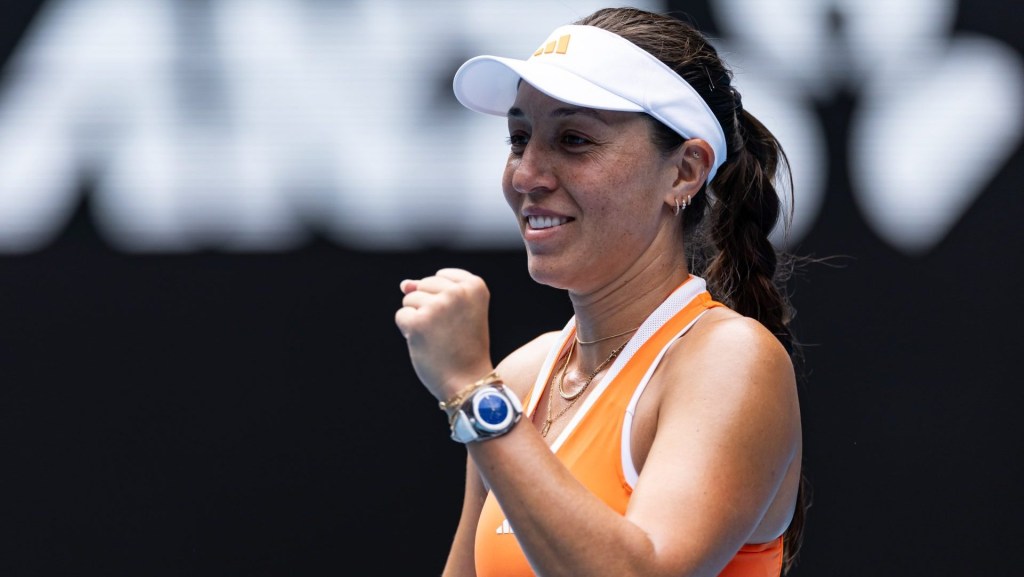A look at the top of the Olympic medal tally shows the usual suspects like the U.S., China, and France racking up dozens of medals. But many countries struggle to win even a single medal, which makes success all the more prestigious and celebrated.
Several countries offer a monetary reward for athletes that’s much more than the $37,500 that American gold medalists receive. Hong Kong, which has four gold medals in its history, offers a $768,000 bonus for a gold medalist, and many other countries with single-digit gold-medal tallies offer six-figure prizes.
Different Kinds of Rewards
But there are some countries that offer more than just a financial incentive to their new national heroes.
Take for instance Carlos Yulo (above), the Filipino gymnast who secured two gold medals in floor and vault. The Philippines had won just one gold medal in its 100-year history in the Olympics before Yulo’s Paris run, so on top of around $100,000 in cash, he was rewarded with a house and lot, a two-bedroom condominium, around $18,000 worth of furniture, a lifetime supply of cookies, and free meals for life from several local restaurant chains including a Korean fried chicken franchise and ramen bar.
A buffet of prizes isn’t new to the Olympics. Other countries like Iraq and Austria have rewarded Olympians with land or real estate. Malaysian athletes who win any medal receive cars. In 2021, Indonesia’s badminton gold medalists received five cows and a meatball restaurant.
Perhaps the most serious of prizes is for young South Korean males. Most South Korean men serve 18–21 months of compulsory military service, but an Olympic medal winner will receive an exemption. Tom Kim, a 22-year-old golfer, nearly secured the exemption Sunday, finishing in eighth, four shots back of a bronze medal.
There are also countries like the U.K., Norway, and Sweden where the government doesn’t directly provide any monetary reward to athletes for participating or winning a medal.







![[Subscription Customers Only] Jun 15, 2025; Seattle, Washington, USA; Botafogo owner John Textor inside the stadium before the match during a group stage match of the 2025 FIFA Club World Cup at Lumen Field.](https://frontofficesports.com/wp-content/uploads/2026/02/USATSI_26465842_168416386_lowres-scaled.jpg?quality=100&w=1024)
![[Subscription Customers Only] Jul 13, 2025; East Rutherford, New Jersey, USA; Chelsea FC midfielder Cole Palmer (10) celebrates winning the final of the 2025 FIFA Club World Cup at MetLife Stadium](https://frontofficesports.com/wp-content/uploads/2026/02/USATSI_26636703-scaled-e1770932227605.jpg?quality=100&w=1024)








